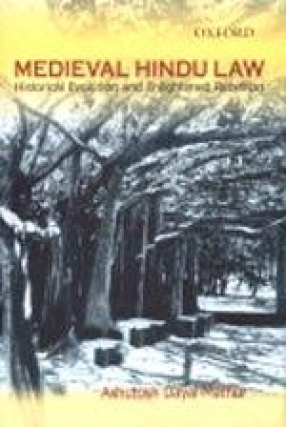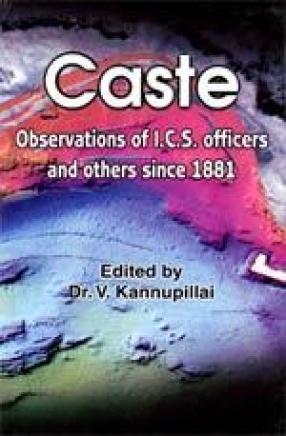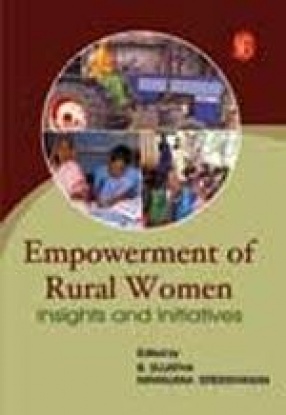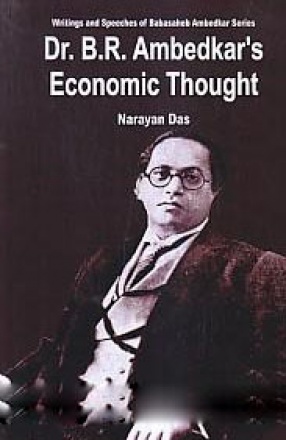Significant developments occurred in Hindu law during the medieval period in India, a time of intense intellectual activity. Scholars studied classical sources closely, debated with each other, reacted to real life conflicts and, in the process, created new codes of law to meet new challenges. This book examines the changes that took place in various aspects of Hindu law as it evolved between the eighth and fourteenth centuries, and were reflected in Sanskrit texts written during that time. Early in the period dharma was sought to be demarcated from Raj Dharma, of which Vyavahara was a part. The author, a scholar of Sanskrit, law, and philosophy, contends that this development meant in effect the secularization of the law, and gradual, but sustained dilution of the authority of the ‘sacred tradition’. He argues that during this time scholars challenged many established dharma Sastra rules fearlessly, while remaining rooted within the tradition. Among the results were laws that provided greater security of person and property for women, increased rationalization of trade and commerce, greater regard for the rights of employees, checks on private dispensation of justice, development of a more rational law of evidence, and formalization of the rules of procedure. The author’s views have been formulated on the basis of his detailed study of seven leading Sanskrit texts written during that period, including digests and commentaries on the smrtis and dharma sutras. He has also taken into account important secondary material such as works of the time on history, law and political theory. A fascinating survey and analysis, this volume will interest scholars and students of legal history, medieval history and society in India, family law, and Sanskrit studies.
Caste: Observations of I.C.S. Officers and Other Since 1881
The Portuguese usage of ...
$37.80
$42.00





There are no reviews yet.